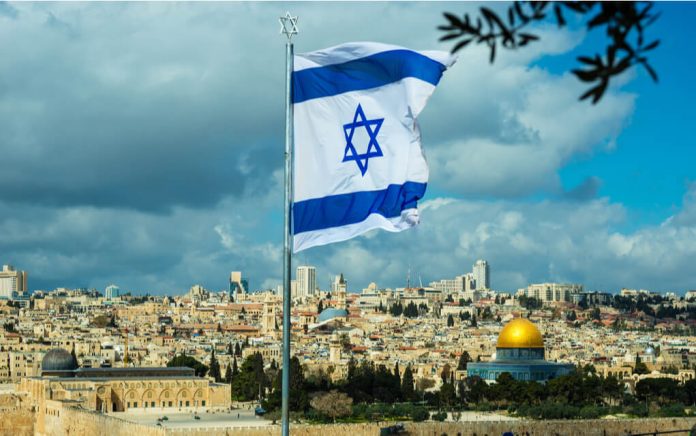
Israel and Hezbollah are inching towards a cease-fire agreement as violence escalates, sparking regional tensions and drawing international attention.
At a Glance
- Escalating attacks are observed between Israel and Hezbollah as cease-fire talks progress.
- U.S. and Israeli defense officials discuss the cease-fire terms.
- UN resolution adherence and troop withdrawal remain contentious issues.
- Iran’s rhetoric exacerbates regional instability.
Escalation amid Negotiations
Israel and Hezbollah have intensified their attacks, complicating ongoing cease-fire negotiations. Israeli airstrikes in Beirut have reportedly killed at least 29 people, while Hezbollah has fired over 250 rockets into Israel. These developments highlight the fragile nature of the discussions and the mutual accusations of violating a UN resolution that ended hostilities in 2006. Hezbollah’s actions reflect its role as an Iranian proxy intent on destabilizing the region and threatening Israel’s sovereignty.
U.S. Defense Secretary Lloyd Austin recently conferred with Israeli Defense Minister Israel Katz about the proposed cease-fire terms. This high-level engagement underscores the gravity of the situation and the critical role of international mediation in attempting to stabilize the region. America’s unwavering support for Israel remains essential in countering Iran’s regional ambitions and preserving Western influence in the Middle East.
ISRAEL AND HEZBOLLAH NEARING TRUCE AGREEMENT: AMBASSADOR OF ISRAEL TO THE US
— FinancialJuice (@financialjuice) November 25, 2024
Ambassadorial Optimism
Israeli Ambassador to Washington Michael Herzog has conveyed optimism that a cease-fire agreement could soon be finalized. Such a pact aims to reinforce the enforcement of the previous UN resolution from 2006. However, key issues remain unresolved, particularly Israel’s insistence on maintaining the right to respond to any future Hezbollah violations. Ensuring Israel’s right to defend itself is non-negotiable in the face of ongoing threats from terrorist organizations like Hezbollah.
“Much more than its actions in Gaza, Israel’s war against Hezbollah threatens Iran’s ability to project power and profoundly diminishes its ability to deter Israeli interventions into its own domestic politics and nuclear program. The weakening of Iran’s position will benefit Israelis in the short term. But in the long term, it will significantly increase the risk of a regional war and even the likelihood that Iran will acquire nuclear weapons,” the U.S. Army War College’s Carrie A. Lee writes.
Preventing Iran’s nuclear ambitions is a core objective for both Israel and its allies, including the United States.
Ambassador Herzog’s comments have lifted hopes for a diplomatic resolution, yet the volatile situation on the ground continues to test the patience and resolve of both parties involved. The success of these negotiations depends on ensuring that Hezbollah is held accountable for its violations of international agreements.
Regional Tensions and International Reactions
The broader implications of the Israel-Hezbollah conflict extend beyond the immediate actors. Iran’s supreme leader, Ayatollah Ali Khamenei, has made incendiary remarks towards Israeli leaders, further inflaming regional tensions. Meanwhile, violence in the West Bank has escalated, with reports of Israeli forces killing two individuals, including a young teenager.
The impact of this conflict has been felt across geopolitical landscapes. The Israeli government’s decision to cease advertising in the Haaretz newspaper due to its critical coverage signifies internal discord. As diplomatic efforts continue, stakeholders remain vigilant of Iran’s next steps and the broader implications for regional stability.





